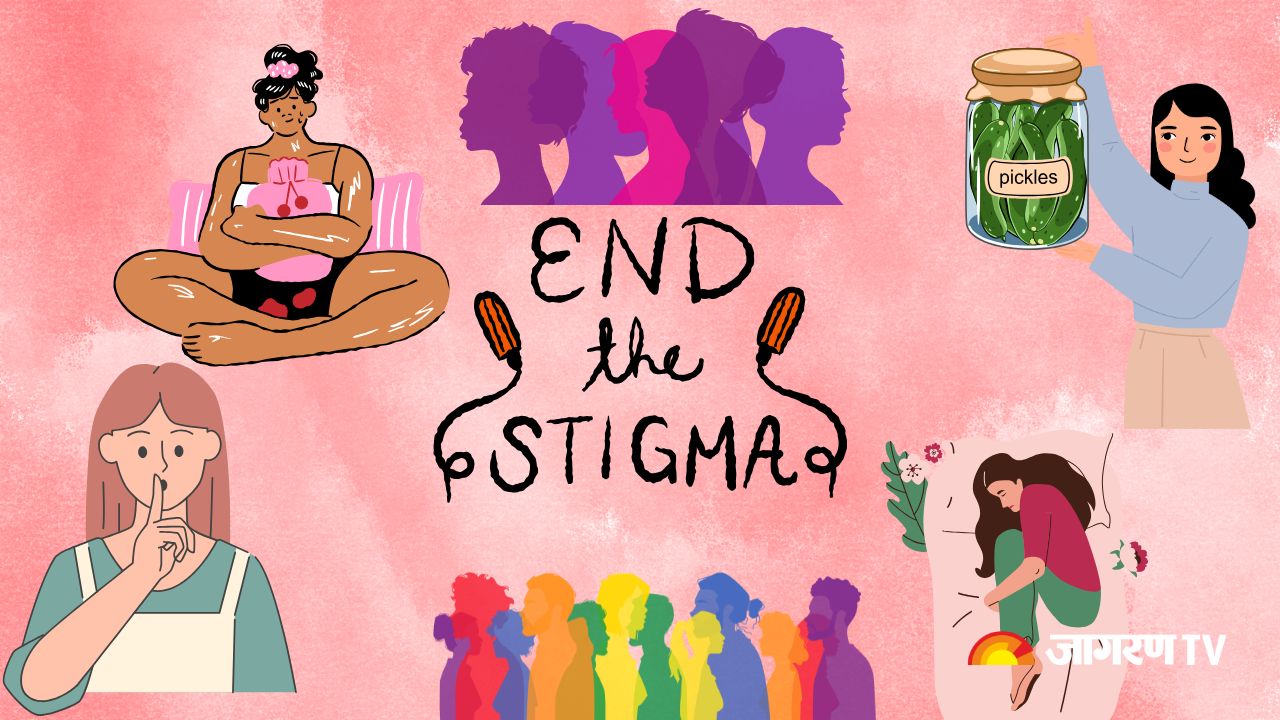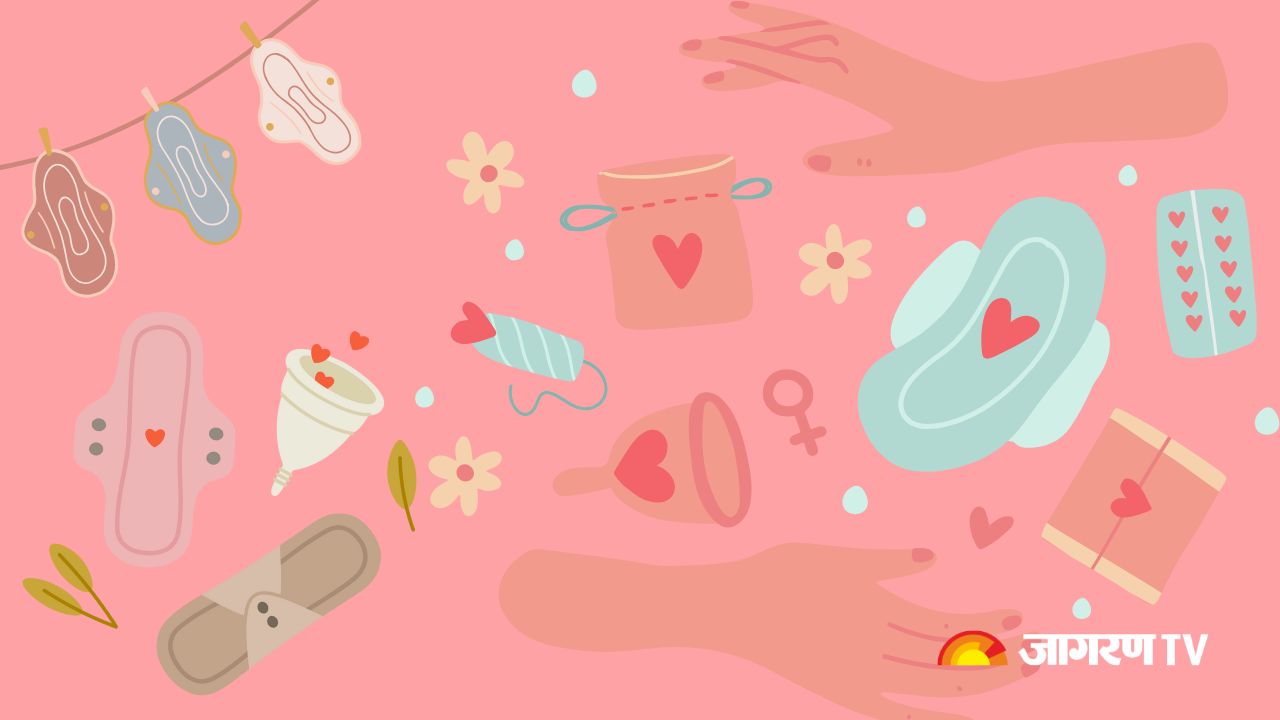Menstrual Hygiene Day 2025: Period Myths That Continue To Pull Us Backwards

Menstrual Hygiene Day 2025: On average, 800 million people worldwide could be menstruating right now as you read this article, and yet, period continues to be a topic meant to be discussed behind closed doors and in hushed voices, and only amongst women.
The taboo and stigma around menstruation have given birth to a humiliating and ostracising myth that prevents everyone who bleeds once a month naturally from performing as their heart desires. From education to sports, period myths form the basis of many cultural and social practices that keep them ripped from the feats they are capable of. And in extreme cases, these myths prove to be fatal.
Hence, World Menstrual Hygiene Day aims to raise awareness and break social stigmas around the period.
Let us tell you some of these period myths that have no relevance but continue to decide the fates of menstruating people.
Social & Cultural Period Myths
“Only women menstruate.”
One of the most prevalent myths around menstruation is that only biological females or women get periods. Baseless is the myth, because transgender men and non-binary people also bleed every month. This myth strips them of the education and resources needed to manage their periods safely.
“Women are impure during periods.”
Unfortunately, many women in India are prevented from entering holy places like temples and kitchens because they are considered impure during their periods. The underlying belief of pollution and purity fuels the myths of “impure women,” as menstruating women are unhygienic and unclean, meaning there is a risk of the food prepared by them getting contaminated.
“Don’t touch or eat the pickles.”
Pickles are preserved food that requires good hygiene and cleanliness practices. The basis of pollution and purity, where bodily excretion is considered impure, hence the period blood being ‘dirty’ is what prevents women from touching the pickle. However, there is no scientific basis to support this myth.
“Menstruation is a disease.”
A prevalent myth in many parts of the world, thanks to a lack of awareness and education, many young women and girls believe that they are either sick or going to die when they get their first period. Menstruation is often viewed as an abnormality and a disease, whereas it is a regular bodily function.
Cultures around the world filled the gap of lack of education on periods with myths, but with advancement in science, myths have been busted numerous times, and yet many menstruating people continue to suffer the drawbacks of having periods.
Related videos
-
Menstrual Cycle Explained: Expert Sucheta Pal Decodes Each Phase From Luteal To Ovulation ...
-
Chinese Student Asked To Remove Pants For Approval of Sick Leave Due to Period Pain; ...
-
Menstrual Hygiene Day 2025: 6 Sustainable Period Products You Should Switch To, Cups to Reusable ...
-
Women’s Health: US Woman Got Continuous Periods For 1000 Days, Diagnosed With Bicornuate Uterus ...









